Word Problems Sums and Differences within 100 Quizzes for Ages 7-8
4 results
4 filtered results
Clear all filters4 filtered results
-
From - To
Discover the fun and interactive way for your children, ages 7-8, to master their math skills with our exciting assessment quizzes focused on Word Problems Sums and Differences within 100. Designed specifically for young learners, these quizzes provide an engaging platform to practice and perfect their understanding of addition and subtraction problems within a 100 range. As they progress through each quiz, immediate feedback helps guide their learning journey, reinforcing their knowledge and boosting their confidence. Let your child embark on this delightful educational adventure and watch their math skills flourish with our Word Problems Sums and Differences within 100 quizzes.
Interactive quizzes on Word Problems Sums and Differences within 100 for Ages 7-8 offer a unique and engaging way for children to enhance their mathematical skills, particularly in addition and subtraction. These quizzes are meticulously designed to cater to the developmental and cognitive levels of children aged 7 to 8 years, providing a perfect blend of challenge and learning.
The beauty of these interactive quizzes lies in their approach to making learning a fun and engaging experience. Instead of traditional rote learning methods, which can sometimes be monotonous and disengaging for children, these quizzes incorporate a variety of word problems that require critical thinking and problem-solving skills. This engaging format helps children apply their mathematical knowledge to real-life situations, thereby deepening their understanding and retention of the concepts.
One of the key advantages of focusing on Word Problems Sums and Differences within 100 for Ages 7-8 is that it aligns perfectly with the mathematical curriculum and objectives for this age group. At ages 7 to 8, children are at a crucial stage in their mathematical development, where they transition from simple counting to more complex operations such as addition and subtraction within 100. By participating in these quizzes, children are able to practice and master these skills in a supportive and interactive environment.
Moreover, these quizzes are designed to be adaptive and responsive, offering immediate feedback to the learners. This instant feedback is vital as it helps children understand their mistakes and learn the correct methods in real-time, thus preventing the reinforcement of incorrect procedures. The quizzes also encourage a growth mindset by highlighting progress and offering encouragement for improvement, which is essential for building confidence and resilience in learning.
Another significant benefit is the accessibility and convenience of these quizzes. In today’s digital age, where children are becoming increasingly adept at using technology from a young age, these online quizzes offer a familiar platform for learning. They can be accessed from anywhere, at any time, making it easier for children to practice their math skills outside the classroom without feeling pressured or overwhelmed.
Furthermore, these interactive quizzes on Word Problems Sums and Differences within 100 for Ages 7-8 are not only beneficial for the children but also for parents and teachers. They serve as an excellent resource for monitoring the child’s progress, identifying areas of strength, and pinpointing specific concepts that may require additional attention or practice. This can facilitate more targeted support and instruction, ensuring that each child reaches their full potential.
In conclusion, interactive quizzes on Word Problems Sums and Differences within 100 for Ages 7-8 are an invaluable tool in the educational arsenal for young learners. They make learning math not only accessible and effective but also enjoyable. By integrating these quizzes into their study routine, children are better equipped to tackle mathematical challenges, setting a strong foundation for future academic success in mathematics and beyond.
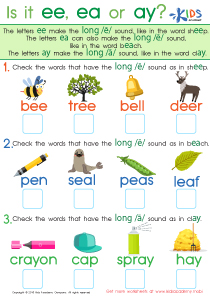
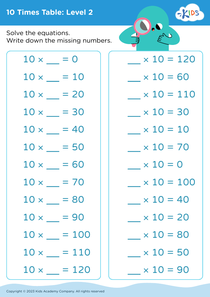
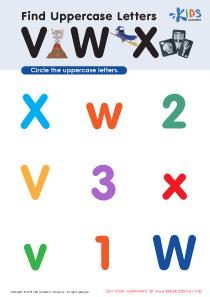
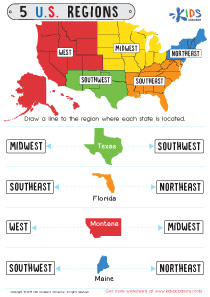
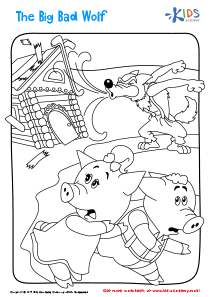
.jpg)





